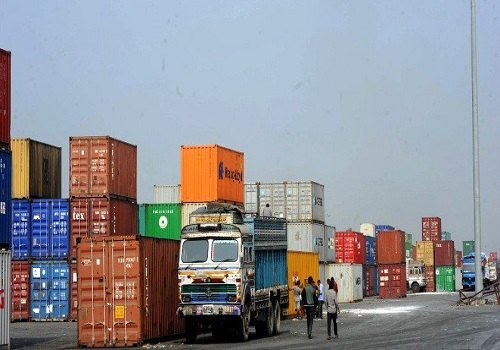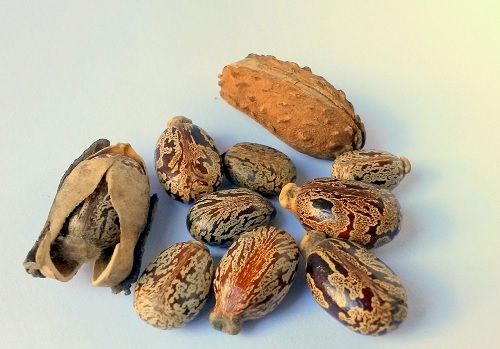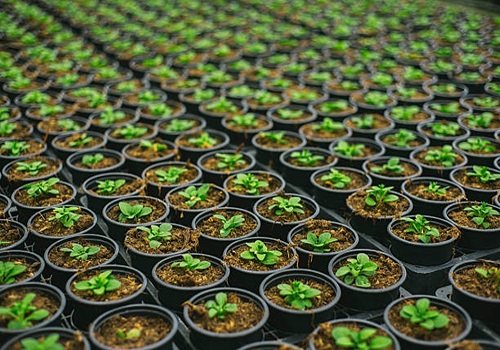India Acts Swiftly: Duty on Chana Lifted, Import Window for Yellow Peas Extended to Bolster Pulse Supply by Amit Gupta, Kedia Advisory

Follow us Now on Telegram ! Get daily 10 - 12 important updates on Business, Finance and Investment. Join our Telegram Channel
In a bid to tackle soaring pulse prices, India has abolished the duty on desi chana (Bengal gram) and prolonged the import timeframe for yellow peas until October 31, 2024. With chana prices exceeding minimum support levels due to decreased production, the government's move aims to stabilize supplies amidst a bullish market. Despite concerns over farmer impact, the duty reduction offers relief to consumers while stimulating pulse imports from both least developed and major producing countries like Tanzania and Australia, respectively.
Highlights
Duty Removal on Chana: The Indian government has eliminated the import duty on desi chana (Bengal gram) to boost supplies, effective from May 4, 2024.
Extended Import Window for Yellow Peas: Import window for yellow peas extended until October 31, 2024, to address the shortfall in pulses supply.
Continued Efforts to Address Price Surge: Despite previous measures, pulses prices remain high, prompting further government action.
Challenges in Procurement: Government agencies struggle to procure pulses at minimum support prices due to bullish market trends.
Impact on Farmers: While consumers benefit from reduced duties, some farmers may be affected as they had been receiving favorable prices after a prolonged period of low prices.
Increase in Chana Imports: Chana imports likely to have more than doubled in 2023-24 compared to the previous year.
Overall Pulses Production Decline: Second advance estimates indicate a decline in pulses production for 2023-24, primarily due to lower output of urad, moong, and chana.
Potential Inflow of Yellow Peas: Extension of import window for yellow peas may result in higher-than-expected imports, with estimates suggesting imports of 1.7-1.8 million tonnes by June-end.
Conclusion
India's decision to remove duties on chana and extend the import window for yellow peas reflects a proactive approach to address pulse supply challenges. By facilitating imports and adjusting policies in response to market dynamics, the government aims to mitigate the impact of production shortfalls and bolster domestic pulse availability. However, concerns linger regarding the implications for farmers amidst rising prices, highlighting the delicate balance between consumer affordability and agricultural sustainability. Moving forward, continued monitoring and adaptive policies will be crucial to ensure a stable and resilient pulse market in India.
Above views are of the author and not of the website kindly read disclaimer










Tag News

China Unveils Policies to Boost Trade Amid Tariff Worries by Amit Gupta, Kedia Advisory



More News

India's Castorseed Production Soars with 9% Growth in 2023-24 Season by Amit Gupta, Kedia Ad...









